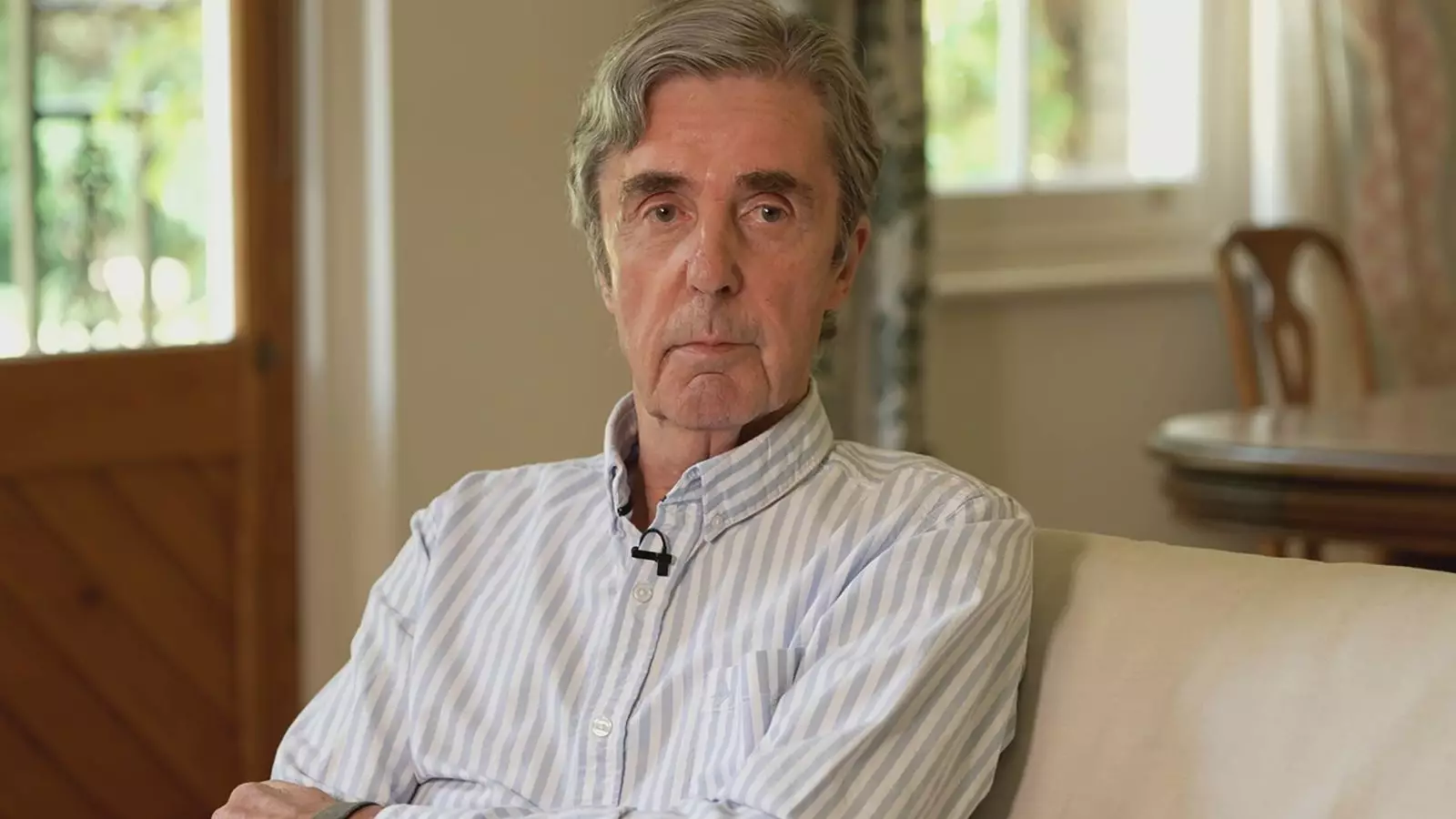In a world increasingly enamored with sensationalism and shallow celebrity, the passing of John Stapleton exposes a fundamental truth about the power of authentic journalism. Far from the glitz of viral clips or scandalous headlines, Stapleton’s career epitomized a grounded, sincere approach to news that prioritized integrity and human connection. His death isn’t merely the loss of a seasoned broadcaster; it signals a shift in the role of the journalist—once seen as a trusted interlocutor, now often relegated to the background or dismissed as part of an entertainment spectacle. In his stead, a void remains, urging us to reconsider what true journalism should stand for in a polarized society.
Stapleton’s professionalism was rooted in empathy. Whether interrogating prime ministers or interviewing ordinary people caught in extraordinary circumstances, his calm demeanor and incisive questions created a space for understanding rather than spectacle. It’s noteworthy how he managed to blend authority with warmth—an elusive balance that modern media often sacrifices for the sake of ratings. His tenure across iconic programs like Watchdog, Panorama, and Newsnight granted him a platform to challenge power while maintaining the trust of viewers. Yet, beyond the professional accolades, it was his authenticity that made him compelling—something that cannot be easily replicated in today’s click-driven media landscape.
More Than a Presenter: The Humanity Behind the Camera
Despite a career spanning decades, Stapleton’s humility shone brighter than any trophy. Colleagues recount his kindness, humor, and approachable nature, traits that transcended the superficiality often associated with fame. This human dimension reinforced his role as a unifier—someone who could bridge differences and communicate complex issues with clarity and grace. His death, therefore, feels like a personal loss for many who saw in him an exemplar of journalistic integrity. It raises questions about the erosion of such qualities in current media practices, where ratings sometimes take precedence over societal need.
Moreover, his openness about his health struggles, especially his Parkinson’s diagnosis, revealed a resilient spirit. Facing a degenerative condition with pragmatism and positive acceptance provided a lesson to viewers—an unspoken testament to how personal adversity can coexist with professional dedication. In a media culture obsessed with youth and spectacle, Stapleton’s honesty about aging and illness offered a much-needed perspective rooted in authenticity. His acceptance, accompanied by his family’s unwavering support, embodies a moral stance: dignity in facing life’s challenges is a profound act of integrity that deserves recognition.
The Significance of Quiet Dedication in a Culture of Distraction
What makes John Stapleton’s legacy particularly compelling is his unwavering commitment to the craft amid a shifting media environment. In an era that idolizes instant fame and viral moments, his sustained focus on serious journalism reminds us of the importance of depth and context. While the loudest voices often dominate the conversation, it is the steady, thoughtful voices like his that cultivate understanding and civic engagement. His work demonstrated that journalism can—and should—serve as a pillar of societal cohesion, fostering dialogue rather than division.
This quiet but persistent dedication is especially relevant today. We live in times of rapid political upheaval and misinformation, where genuine news is often drowned out by noise. Stapleton’s career exemplifies the value of patience, research, and empathy—traits that earned him respect across political divides. His death challenges us to reflect on whether the current media landscape is truly serving the public interest or merely reflecting the fragmentation of society. If journalism is to regain its moral authority, it should look to the example set by individuals like Stapleton—whose focus was always on truth, fairness, and the human story.
A Personal Reflection on a Broadcasting Giant’s Enduring Influence
Beyond the headlines and accolades, Stapleton’s life invites us to consider what it means to be a responsible communicator in turbulent times. His voice was one of quiet reassurance—not loud or boastful, but firm and thoughtful. In a climate of polarized opinions and superficial engagement, that voice was a beacon of stability. His passing leaves behind not just memories but a challenge to uphold the standards he set: integrity, kindness, and unwavering dedication to truthful reporting.
His biography also underscores the importance of resilience and balance. Balancing a demanding career with personal struggles, including his battle with Parkinson’s, reveals a layered humanism that transcends the television screen. His family’s tribute—highlighting his generosity and unwavering love—reminds us that public figures are multidimensional, and their contributions extend far beyond their professional achievements.
In contemplating Stapleton’s legacy, it becomes clear that authentic, compassionate journalism is more vital than ever. As the media landscape evolves, so too must our appreciation for those who dedicate their lives to meaningful storytelling—individuals who understand that at the heart of good journalism lies a fundamental respect for the human condition.


Leave a Reply